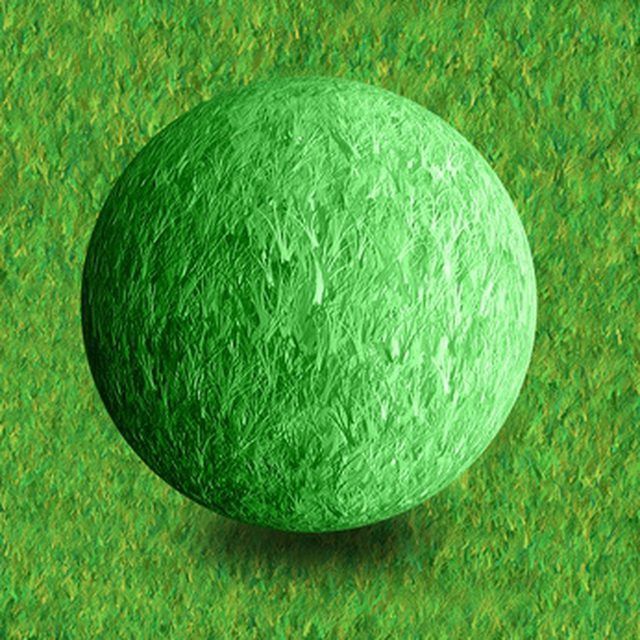Bulbs
Flower Basics
Flower Beds & Specialty Gardens
Flower Garden
Garden Furniture
Garden Gnomes
Garden Seeds
Garden Sheds
Garden Statues
Garden Tools & Supplies
Gardening Basics
Green & Organic
Groundcovers & Vines
Growing Annuals
Growing Basil
Growing Beans
Growing Berries
Growing Blueberries
Growing Cactus
Growing Corn
Growing Cotton
Growing Edibles
Growing Flowers
Growing Garlic
Growing Grapes
Growing Grass
Growing Herbs
Growing Jasmine
Growing Mint
Growing Mushrooms
Orchids
Growing Peanuts
Growing Perennials
Growing Plants
Growing Rosemary
Growing Roses
Growing Strawberries
Growing Sunflowers
Growing Thyme
Growing Tomatoes
Growing Tulips
Growing Vegetables
Herb Basics
Herb Garden
Indoor Growing
Landscaping Basics
Landscaping Patios
Landscaping Plants
Landscaping Shrubs
Landscaping Trees
Landscaping Walks & Pathways
Lawn Basics
Lawn Maintenance
Lawn Mowers
Lawn Ornaments
Lawn Planting
Lawn Tools
Outdoor Growing
Overall Landscape Planning
Pests, Weeds & Problems
Plant Basics
Rock Garden
Rose Garden
Shrubs
Soil
Specialty Gardens
Trees
Vegetable Garden
Yard Maintenance
Herbicide for Bermuda Grass
Herbicide for Bermuda Grass. Bermuda grass is a durable and resilient grass that is used in sporting fields, parks and golf courses. But, bermuda grass may be undesirable, either as a lawn grass or in flower beds. If this is the case, and if bermuda grass is already present in the area where it is not wanted, it can be difficult to remove, mainly...

Bermuda grass is a durable and resilient grass that is used in sporting fields, parks and golf courses. But, bermuda grass may be undesirable, either as a lawn grass or in flower beds. If this is the case, and if bermuda grass is already present in the area where it is not wanted, it can be difficult to remove, mainly because the variety is so resilient. Digging up a patch of bermuda grass can seem to work--the grass is not there anymore--but seeds have distributed during the weeding process, and the stolons develop a root system, which can stay in place after weeding. Because of these difficulties, many gardeners use herbicides.
Types
There are three main types of herbicides that can be used to remove bermuda grass: a herbicide that specifically kills grass only, and does not affect other plants; a general herbicide, that kills all plants on which it is applied; a suppressant, which will temporarily prevents the further growth of bermuda grass stems and leaves.
Active Ingredients
Herbicides that specifically affect grass commonly contain the active ingredient fluazifop, clethodim or sethoxydim. Fusilade, Ornamec, Grass-B-Gon, Envoy and Grass Getter are products representing this type of herbicide. Glyphosate, which is found in Roundup, is a common ingredient in general herbicides. Suppressants can contain pelargonic acid and glufosinate. A suppressant herbicide also contains sethoxydim, but, as in the product Poast, this ingredient comprises only 18 percent of the formula.
Application
For best results when using a grass-specific herbicide, University of California, Davis, recommends treating in early spring, when the grass is around 6 inches tall, for the first application. This herbicide can be reapplied, but no more than the package directions. On whatever plant a general herbicide is sprayed, the leaves, stems and root-system will be killed. University of California, Davis, advises to use this herbicide when the bermuda grass is in full growth, and has developed a large surface area. The larger the surface area, the greater the amount of herbicide absorbed by the plant. A suppressant can be applied when bermuda grass is at any size or age of growth. And the more times you apply a suppressant, the greater your chances of suppression.
Benefits
Bermuda grass, because it has a strong root system and is drought-resistant, can easily avoid eradication methods that do not target the entire plant. Herbicides and suppressants can travel through the entire plant, down into the root system, killing or suppressing the entire plant.
Considerations
A herbicide is not necessary if bermuda grass is found near flowers, or plants that are not surrounded by vegetation: mulch spread over the grass will prohibit growth, or you can dig up the grass. But if you want to use herbicide, use the grass-selective type if flowers, trees, or shrubs are within spray range. As a herbicide is a toxic chemical, follow package direction for proper use and safety precautions.